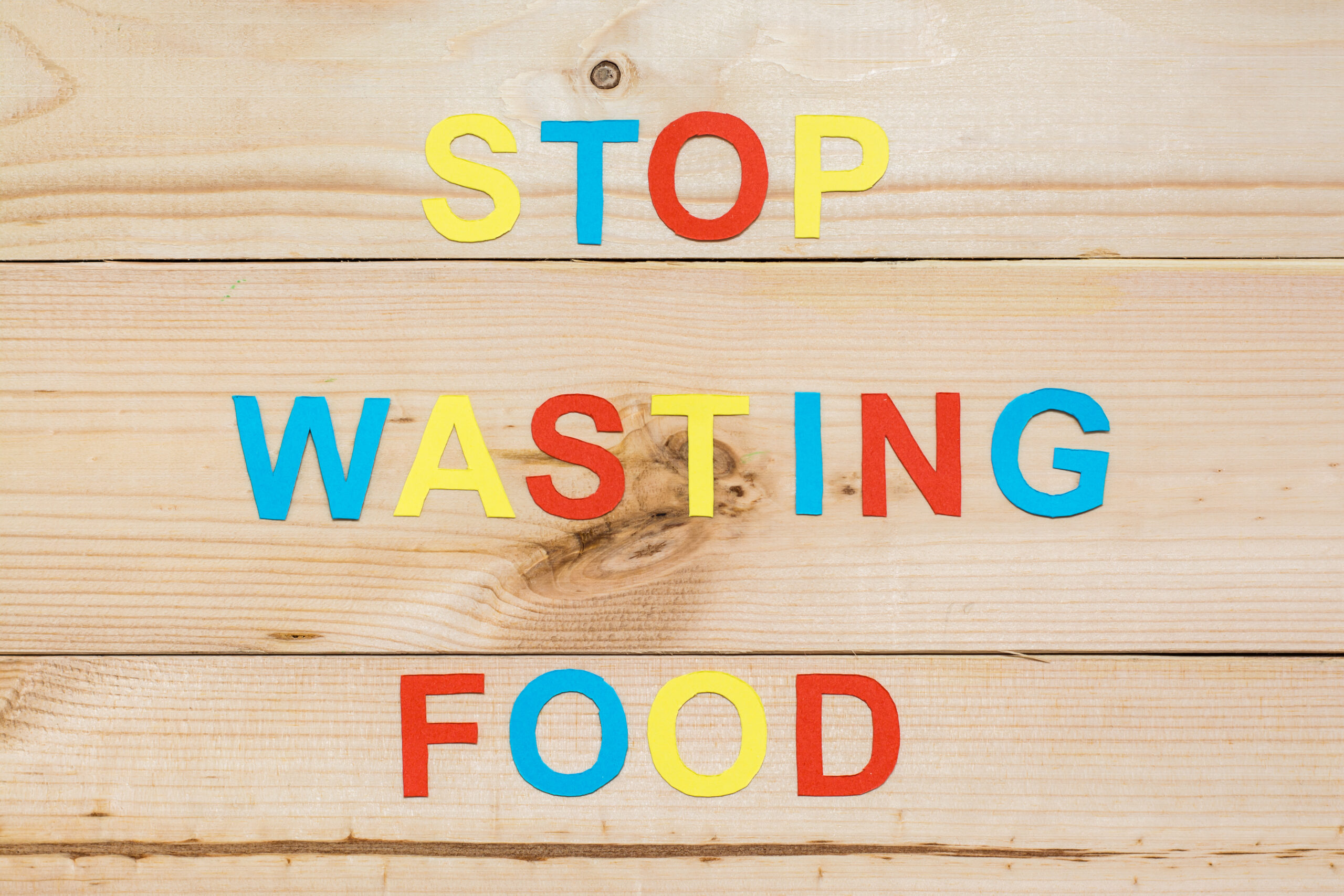While it is no secret that fast food is widely regarded as unhealthy, a new study found that numerous popular chains are serving up burgers with a side of harmful chemicals. The study, which was published last week in the Journal of Exposure Science & Environmental Epidemiology, showed that hormone-disrupting chemicals, known as phthalates, were prevalent in a wide range of fast-food items.
Researchers from George Washington University, the Southwest Research Institute, Boston University and Harvard University analyzed menu items from fast-food chains including Burger King, Chipotle, Domino’s, McDonald’s and Taco Bell. They obtained 64 samples of hamburgers, fries, cheese pizza, chicken burritos and chicken nuggets from various chains and found that over 80 percent contained the phthalate di-n-butyl phthalate (DnBP), while 70 percent contained di(2-ethylhexyl) phthalate (DEHP), both of which have been linked to reproductive health issues. Additionally, about 89 percent of foods contained some di(2-ethylhexyl) terephthalate (DEHT), a non-phthalate plasticizer.
“To our knowledge, these are the first measurements of DEHT in food,” the study noted. “Our preliminary findings suggest that ortho-phthalates remain ubiquitous and replacement plasticizers may be abundant in fast-food meals.”
The study found higher levels of chemicals in fast-food items containing meat, such as hamburgers and chicken burritos, while cheese pizza had the lowest levels. It also found detectible levels of phthalates in food handling gloves, which researchers said could be a source of contamination. Though the ramifications of these chemicals are still being studied, the study’s authors argue that more needs to be done to keep them out of our foods.
Related: FDA Announces Slow Phase-Out of Certain PFAS Chemicals Used in Food Packaging
What are Phthalates?
Phthalates are a widely used type of plasticizer, used to make plastic softer and give it more flexibility. They are also a type of endocrine-disrupting chemical (EDC), which mimic or interfere with hormones like testosterone and estrogen. Studies of humans and animals have indicated that greater exposure to phthalates can have a negative effect on the development of children and raise their risk of health conditions like asthma, obesity and later fertility problems.
Plastics containing chemicals are abundant in our daily lives, but those that consume fast food regularly may be at a higher risk of exposure. For example, a 2018 study from George Washington University’s Milken Institute School of Public Health looked at the urine samples of Americans who took part in a nationally representative survey. They found that participants who reported eating at fast-food restaurants recently were more likely to have higher phthalate levels than those who cooked meals at home more often.
Despite the potential health risks of consuming high levels of phthalates, the US Food and Drug Administration (FDA) has no legal thresholds limiting the chemical in foods. “Although the FDA has high safety standards, as new scientific information becomes available, we reevaluate our safety assessments,” an FDA spokesperson told The Washington Post.
Though the exact risks posed by phthalates in fast food are still unclear, the authors of the study suspect that certain groups are more vulnerable to them. Poorer neighborhoods tend to have more fast-food restaurants and less access to fresh foods. So, while fast food is unhealthy to begin with, phthalates and other environmental toxins may only further exacerbate health inequality.












Join or login to leave a comment
JOIN LOGIN